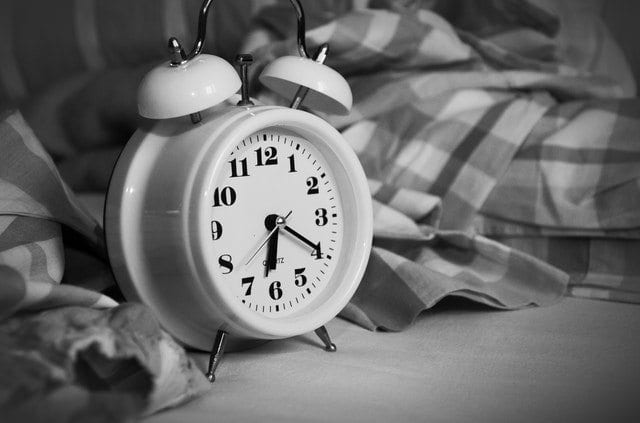Your alarm goes off and the thought of “far out its morning, I feel tired” circulates through your mind. The next thing you want to do is hit that snooze button and gain an extra hour of sleep but you really can’t afford to as you may be late for work.
You get out of bed and feel like a bus has hit you, but then on some other days, you feel like you have had the best sleep ever, relaxed and fresh to hit the ground running.
Both of these scenarios can happen whether you get 5 hours of interrupted sleep or 10 hours of sleep.
It’s so strange. Sometimes I feel amazing after a 5-hour sleep, then absolutely terrible after a solid 8-9 hour sleep. This happened to me a couple of days ago, got 8 hours of sleep which is great, but I really felt terrible. So, I did some research.
It comes down to a couple of reasons, and ill share them with you now.
What affects your sleep quality
As I’ve always advocated, 7-9 hours of sleep is optimal for everyone, but whilst digging deep into why you can still feel terrible after sleep, two clear factors stood out to me.

1: Your Quality of Sleep Is Paramount
The quality of your sleep can be a big factor into how much energy you have in the morning. But how do you measure sleep quality?
Easy: The easiest way to measure sleep quality is to figure out the % of deep sleep you get and how many times you wake up during the night.
A 1997 study I read, showed that it is important to focus on the quality of sleep the same amount as sleep quantity. I completely agree with the study. The study goes on to say that “average sleep quality was better related to health, affect balance” and a lot more benefits compared to average sleep quality.
2: Your Sleep Cycles
Did you know that your body goes in and out of sleep cycles? A full sleep cycle usually lasts for around 90 minutes and is repeated several times throughout the night. There are 5 sleep cycles you will generally go through. These can be classified as NREMS (Light Sleep) and REMS (Deep Sleep/Dreaming)
This is where I found my answer to why I was so tired even after a good night’s sleep.
My 4:30am alarm went off during the middle of one of the deep sleep cycles. This has been proven to make you feel lethargic when you wake up.
Now it all makes sense.
It is recommended to wake in between your deep sleep cycles for optimal energy levels in the morning.
But how can you control when you wake up in between your sleep cycles?
Test and Measure
- I want you to count back 8 hours from your normal wake up/alarm time.
- For 3 days, measure what time you wake up (if you wake up before your alarm), or write down if your alarm woke you up.
- If your alarm woke you up, take your bedtime back 10-20 minutes, and try again.
Ideally, you want to be waking up around 5-10 minutes before your alarm goes off every day, to ensure you are between your light and deep sleep cycles.

How To Improve Sleep Quality
Avoid Caffeine
Caffeine is a stimulant which increases alertness. Being alert before bed is a recipe for disaster as it’s the time you want to be resting, enabling you to fall off to sleep a little faster which helps improve quality.
Avoid Electronics
I have mentioned this in a previous article. The blue light from electronics can trick your brain into believing it’s still daytime. This disrupts your circadian rhythm which will lead to a poor quality sleep. So, to improve sleep quality, turn all electronics off around 30 minutes before you go to bed.
Exercise More
Regular exercise can improve sleep quality dramatically. Exercise increases your daytime fatigue later in the day helping you go to sleep that little bit quicker.
Have a bowl of oats before bed
My favourite! Oats release a neurotransmitter call serotonin which helps you relax even further. There isn’t a better time to have oats!
If you’re frustrated with your energy levels when you wake up in the morning, give these solutions a try!
[thrive_leads id=’211003′]



